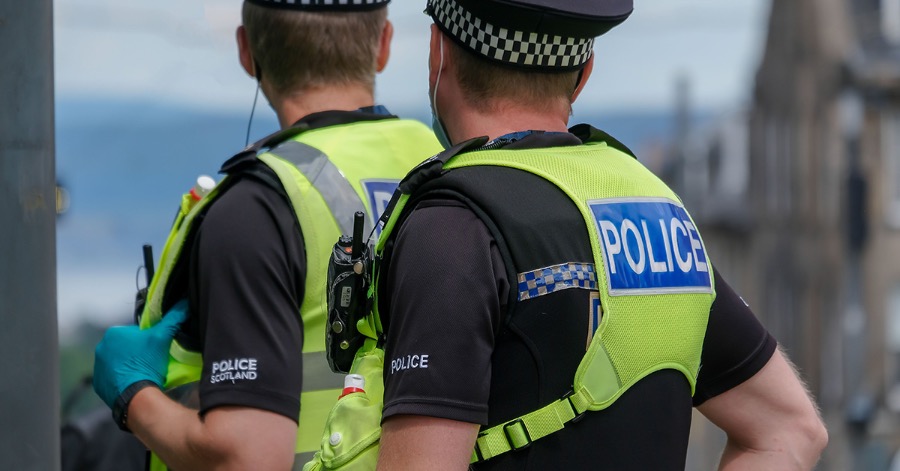
According to a statement by the UK communications regulator, this followed an investigation into the company “exchanging commercially sensitive information with competitor Motorola about pricing intentions during a procurement process.”
According to the aforementioned statement, the focus of the investigation was a text message exchange which took place between senior employees of Motorola and Sepura in 2018. This exchange related to a tender process for devices and related services used by the emergency services’ communications network.
To quote the Ofcom statement in full: “The emergency services in Great Britain use a private mobile radio network called Airwave to securely communicate in the field. The Airwave network uses ‘terrestrial trunked radio’ [TETRA] technology to provide secure and reliable two-way communications. “In 2014, the Home Office launched a tender to replace the Airwave network with a new 4G commercial mobile network, called the Emergency Services Network. Due to the rollout of this new network being delayed, it became apparent that TETRA devices and the Airwave network would be needed for longer than anticipated.”
The statement continued: “In 2018, the Police ICT Company – now known as the Police Digital Service – ran a procurement process to address a potential shortfall in TETRA devices, accessories and services. This is a highly concentrated market, where Sepura and Motorola are effectively the only two competitors.
“In June 2019, Ofcom opened an investigation after Motorola came forward to the Competition and Markets Authority (CMA) with information about its contact with Sepura during this process. The CMA handed the matter over to Ofcom, as the regulator for communications services and concurrent regulator under the Competition Act 1998.”
Following a period of evidence gathering, Ofcom found that the aforementioned senior employees contacted each other on September 5th 2018. The exchange – again according to the statement quoted above - covered a range of matters “relevant to an upcoming tender process for devices and related services used by the emergency services’ communications network.” This included Sepura’s pricing strategy and likely pricing levels.
Speaking about the situation, an Ofcom spokesperson said: “We have concluded that this exchange of messages had the object of restricting or distorting competition in the supply of TETRA devices, accessories and related services for use on the Airwave network in Great Britain, and affected trade within the UK.
“In light of the seriousness of the infringement, Ofcom has decided to fine Sepura £1,500,000 for breaking competition law.”
Concluding by discussing Motorola’s role in the above, the spokesperson said: “Under the CMA’s leniency policy, the first company involved in certain types of anti-competitive agreement to come forward about it may receive immunity from fines, so long as the conduct is not already being investigated. Motorola has been granted immunity under this policy, which means it will not be fined.”
Responding to the verdict, a spokesperson for Sepura said: “Throughout the period of the investigation, Sepura has co-operated fully with Ofcom and is pleased to have reached a conclusion.
“In the three and a half years since the investigation commenced, Sepura has seen a change of ownership, improvements in governance across the business, and additional rigorous training implemented for all staff. Sepura remains recognised as a global leader in the development and supply of radio terminals, accessories and applications for mission critical and business critical communications.”